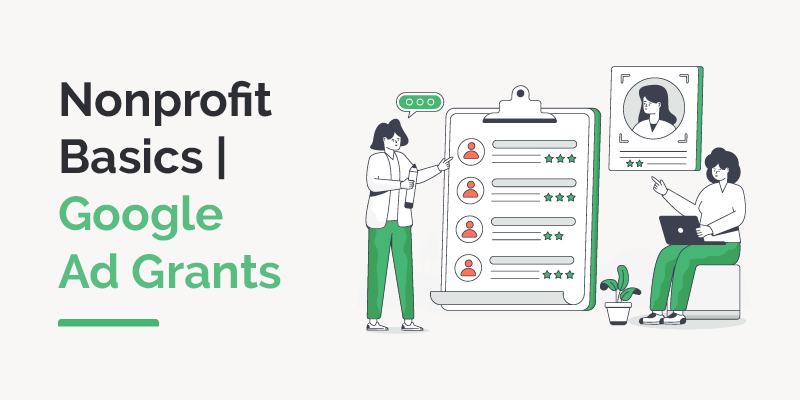
Nonprofit Basics: Google Ad Grants for Nonprofits
As one of the most influential companies in the world, Google…
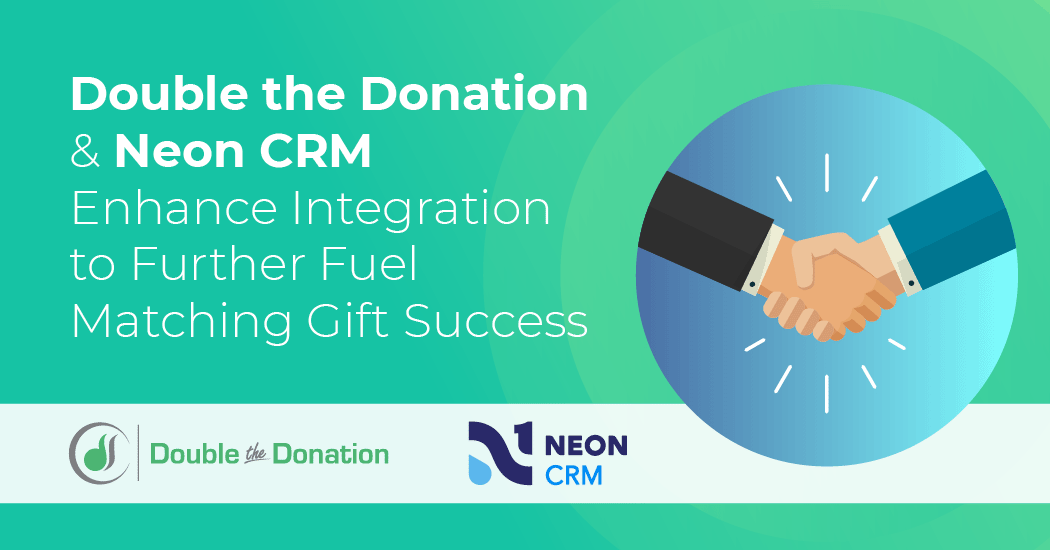
Double the Donation & Neon CRM Enhance Integration to Further Fuel Matching Gift Success with Donation Form Integration
Neon CRM and Double the Donation are excited to announce their…
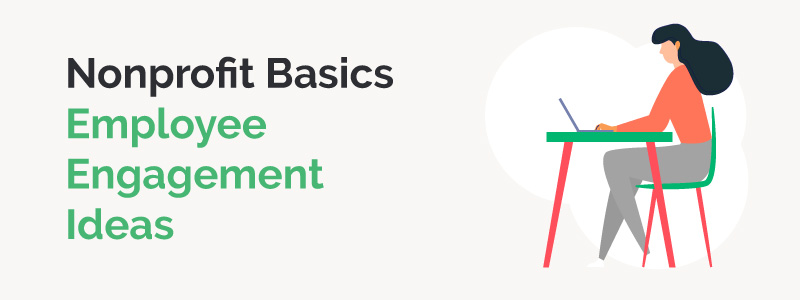
Nonprofit Basics: Employee Engagement Ideas
As a mission-driven organization, it’s important for your nonprofit…
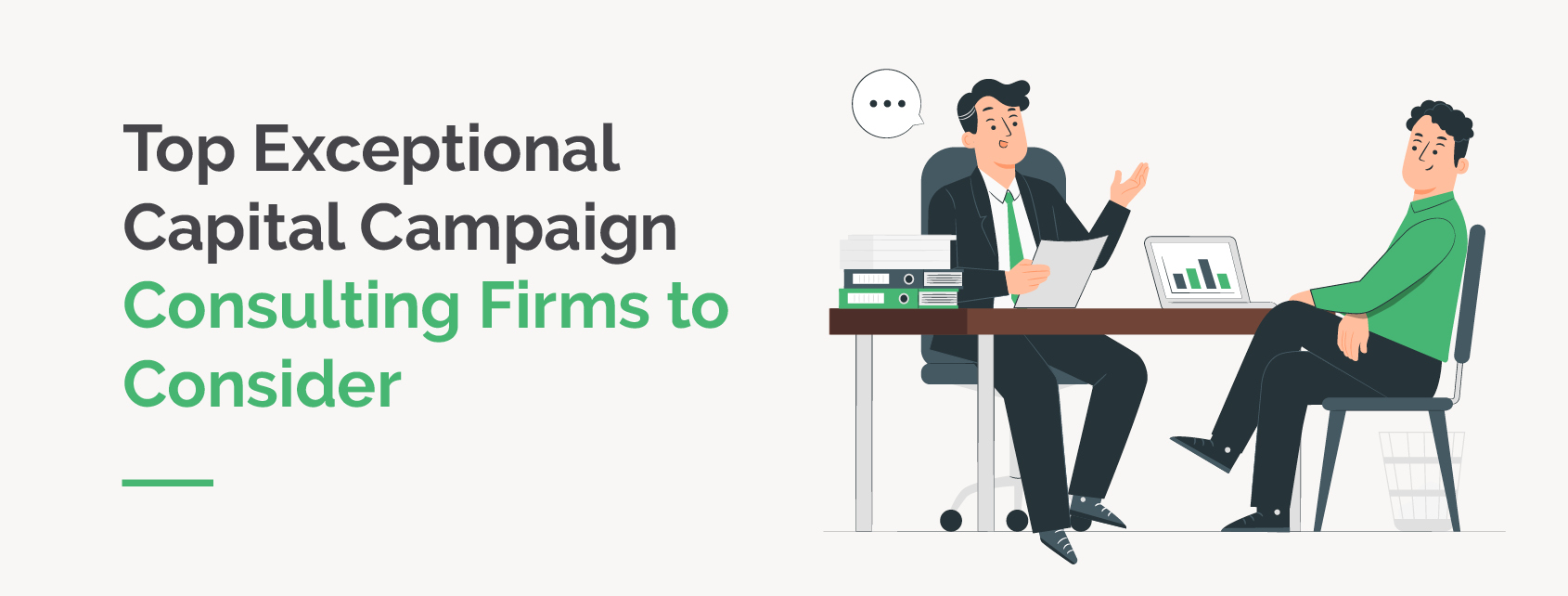 https://doublethedonation.com/wp-content/uploads/2016/12/Capital-Campaign-Consulting-Firms_Feature.jpg
642
1690
Adam Weinger
https://doublethedonation.com/wp-content/uploads/2025/11/DTD-horizontal-logo-300x63.png
Adam Weinger2022-12-14 20:21:552026-01-05 16:40:4711 Exceptional Capital Campaign Consulting Firms to Consider
https://doublethedonation.com/wp-content/uploads/2016/12/Capital-Campaign-Consulting-Firms_Feature.jpg
642
1690
Adam Weinger
https://doublethedonation.com/wp-content/uploads/2025/11/DTD-horizontal-logo-300x63.png
Adam Weinger2022-12-14 20:21:552026-01-05 16:40:4711 Exceptional Capital Campaign Consulting Firms to Consider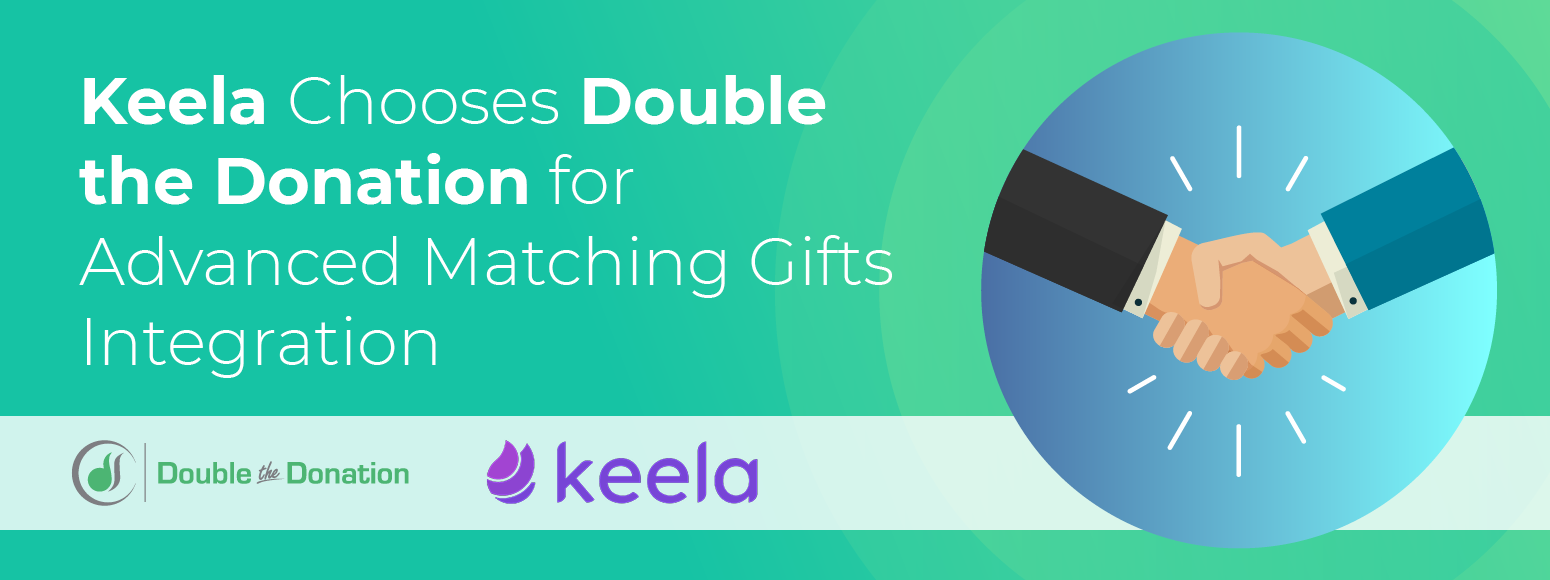
Keela Chooses Double the Donation for Advanced Matching Gifts Integration
Double the Donation and Keela are excited to announce a new integration…
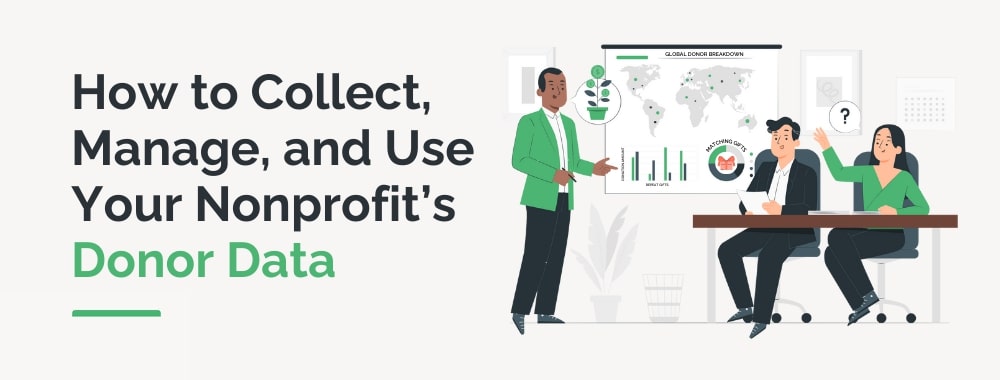
How to Collect, Manage, and Use Your Nonprofit’s Donor Data
Between donations, events, and volunteer participation, you collect…

